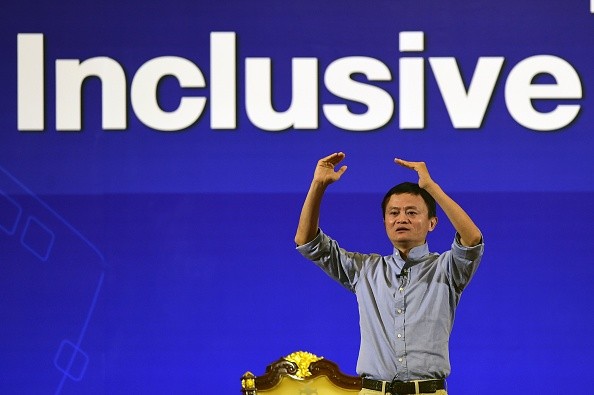Within one year, Alibaba Holdings, one of the eCommerce giants of China, has managed to build a footprint all over Southeast Asian countries. The company is eyeing the region’s approximately 620 million population, 250 million of which are smartphone users and technology-savvy.
Jack Ma, the Executive Chariman of Alibaba, just recently signed an agreement with Somkid Jatusripitak, the Deputy Prime Minister of Thailand, to help the country’s small and medium-sized enterprises succeed in online e-commerce. This fulfills the request of Prime Minster Prayut Chan-o-cha to Ma in the G20 Summit back in September in Hangzhou.
The agreement promises training approximately 30,000 small and medium-sized enterprises as well as 10,000 entrepreneurs from China, with digital technology and eCommerce. This was a result of over three months of discussions.
Ant Financial, an online payment services provider affiliate of Alibaba, invested in Thailand’s Ascend Money last month. Ascend Money offers electronic payment services and micro-loans to customers who are under-served by Thailand’s big financial firms
A study by Bain & Company, a global management consulting firm, indicates that Southeast Asia is lacking a solid regional payment and logistic infrastructure, both of which have been the main factors for China’s astounding growth in online retail.
Alibaba made a $1 billion investment deal to Lazada, a privately owned e-commerce company, that operates in six of Southeast Asia’s biggest e-commerce markets. This includes Singapore, Thailand, Malaysia, Indonesia, Vietnam and the Philippines. This is said to be their largest overseas investment up to date.
Alibaba will need to go through the challenge of diverse cultures and languages of Southeast Asia before they can achieve the same level of success that they have done in mainland China.
Marie Sun, an analyst at Morningstar Inc, an investment research and management firm, said: "Southeast Asia region includes several countries with different government and culture, which could make Amazon's direct sales business model facing more challenge.
"Comparing Amazon to Alibaba, I think Alibaba's marketplace business model may be more suitable to Southeast Asia market, which is more fragmented and in early growth stage.”



























